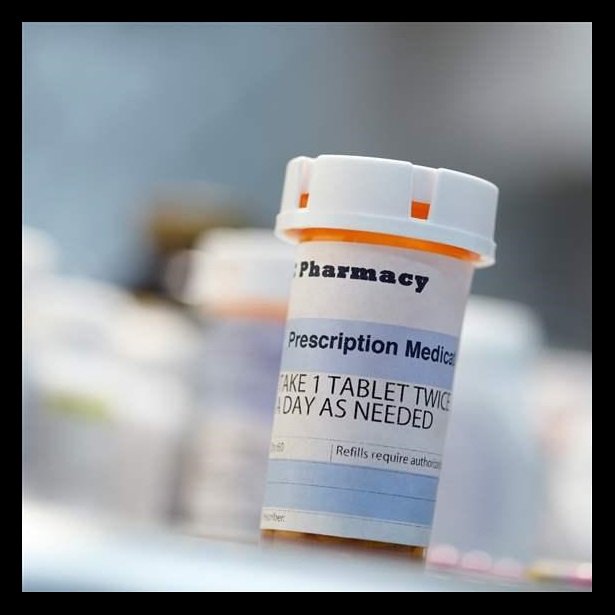Best Practices for State Oversight of Drug Compounding

In 2014, Pew convened an advisory committee of state regulators and experts to examine state oversight of compounding and develop best practices. The committee reviewed several regulatory topics, including inspections of compounding pharmacies, requirements for quality, expectations for pharmacist training, and compounding without a prescription. The committee also discussed how states should harmonize these requirements with federal law and regulations, particularly on issues such as definition and recognition of the new outsourcing facility category.
Based on the advisory committee process, this document identifies the best practices that are most meaningful to patient safety and the most achievable—recognizing, however, that state funding may place limitations on oversight systems. The best practices provide a resource to state regulators, policymakers, and interested stakeholders who are reviewing oversight practices, and also support greater harmonization across states—a valuable pursuit, given the interstate movement of compounded drugs, to ensure evenly-applied oversight and help counter an incentive for businesses to locate in states with less rigorous regulations.
Best Practices
- Application of U.S. Pharmacopeial Convention (USP) quality standards on compounding.
- Training in sterile compounding for pharmacists who perform or supervise it.
- Annual inspections of facilities that perform sterile compounding.
- State mechanisms, such as separate licensure, to identify and apply specific standards to facilities performing sterile compounding.
- Recognition and definition of outsourcing facilities in a manner aligned with federal law.
- Harmonization of policies on compounding without prescriptions with federal law.
- Meaningful oversight of sterile compounding that occurs in physicians’ offices.
- Mechanisms to track the compounding activities conducted by pharmacies within the state.
Best Practices for State Oversight of Drug Compounding offers policy recommendations for important areas of oversight (e.g., regulations, licensure, and inspection). For information on similarities and differences in state policies, read our complementary report, National Assessment of State Oversight of Sterile Drug Compounding.













